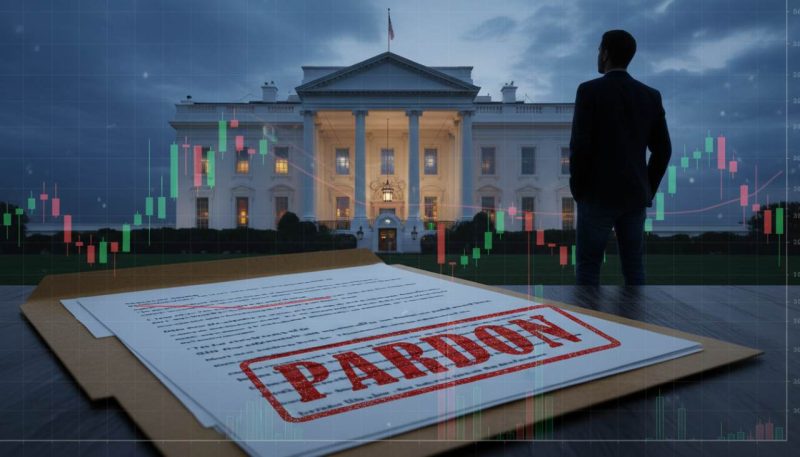
President Donald Trump has pardoned Changpeng “CZ” Zhao, the billionaire founder of Binance, erasing his federal conviction from the Justice Department’s landmark case against the exchange.
The White House cast the move as the end of a supposed “war on cryptocurrency,” even as the underlying violations—anti–money laundering and sanctions controls—are the bedrock of financial integrity. Zhao pleaded guilty in 2023, served four months in 2024, and stepped down as CEO while Binance paid a $4.3 billion penalty and entered years of compliance monitoring.
What The Pardon Does—and Doesn’t
- Restores Zhao’s rights and removes many professional barriers tied to a felony record.
- Leaves Binance’s corporate plea and monitoring intact. A pardon doesn’t unwind consent decrees, fines, or settlement‑imposed restrictions.
- Enables Zhao to reengage in U.S. business more freely, but does not automatically authorize a return to Binance leadership.
The Politics Under The Hood
This is clemency used as a policy instrument. The White House’s framing tries to convert a straightforward enforcement case into a culture‑war storyline about innovation versus regulation. That narrative asks the public to overlook what the case actually proved: the exchange failed basic AML and sanctions obligations that protect the financial system from being weaponized by criminals and adversaries. At the same time, the pardon lands amid visible proximity between political power and crypto ventures—an optics problem for any administration that claims to back both innovation and the rule of law.
Compliance Isn’t Optional Infrastructure
AML and sanctions rules aren’t bureaucratic theater. They’re the plumbing of the financial system—unseen when they work, disastrous when they don’t. A high‑profile pardon for admitted control failures risks normalizing the idea that scale and political closeness can outmuscle compliance. That weakens deterrence, invites regulatory arbitrage, and makes it harder for good‑faith actors—onshore and offshore—to justify the cost of robust controls to boards and investors.
Can CZ Return To Binance?
Not now. Corporate plea terms and supervisory obligations still constrain his formal involvement for a period. The pardon removes the criminal record barrier; it does not void negotiated restrictions. Over time, as those limits expire, Zhao is positioned to reenter the industry—via new ventures, advisory roles, or a later bid for formal influence—subject to the same supervisory climate Binance and peers must navigate.
Global Democratic Stakes
Allies who have tightened AML/CTF standards will read this as American ambivalence: secure a blockbuster plea against a dominant platform, then absolve the executive at the top. That undermines credibility for cross‑border enforcement and complicates the cooperation needed to police a borderless market. The market’s short‑term price pop is the easy part. The harder part is whether the U.S. can reconcile pro‑crypto rhetoric with a consistent, institution‑respecting approach to illicit finance.
What To Watch
- Regulator follow‑through: Clear statements that corporate obligations remain, and renewed guidance to steady the compliance signal.
- Hill oversight: Hearings scrutinizing the decision’s rationale and its alignment with sanctions and AML policy.
- Market structure: Whether perceived leniency shifts volume back toward venues that skate compliance lines.
- Zhao’s next act: U.S.‑based ventures, capital deployments, or policy‑forward roles that recenter him in industry strategy.
The Bottom Line
This wasn’t a narrow act of mercy; it was a macro message. If the U.S. wants both crypto dynamism and democratic resilience, it can’t turn AML and sanctions enforcement into a partisan accessory. Treat the plumbing like plumbing—unseen when it works, catastrophic when it doesn’t.
